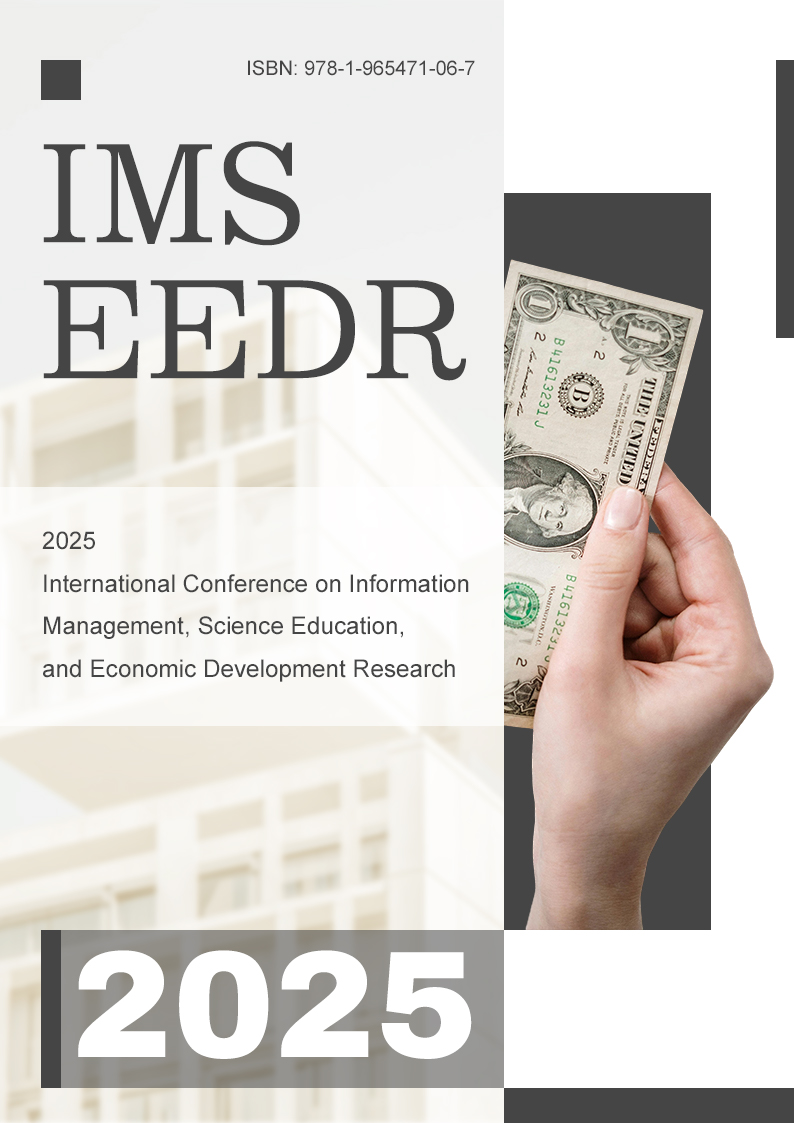Better Teacher’s Questions in EFL Classroom Interaction: A Study on Effective Questioning Strategies

Authors:
Fang He
Keywords:
teacher questioning, EFL classrooms interaction, student engagement, language development
Doi:
10.70114/aimedr.2025.2.1.P17
Abstract
This study explores the role of teacher questioning in English as a Foreign Language (EFL) classroom interactions, focusing on how different questioning strategies impact student participation, cognitive engagement, and language development. It examines the relationship between teacher questions and student responses, highlighting the significant influence of open-ended and closed questions on classroom dynamics. Findings suggest that open-ended questions, which encourage critical thinking and elaboration, foster richer, more complex language use and deeper cognitive engagement. In contrast, closed questions, while effective for checking comprehension and maintaining lesson flow, often limit the depth of student responses. The study also emphasizes the dynamic, adaptive nature of teacher-student interactions, where teachers adjust their questioning techniques based on student responses to scaffold learning effectively. The findings underscore the need for a balanced approach to questioning, integrating both closed and open questions to create a communicative classroom environment that supports language acquisition. By adapting questioning strategies in real-time, teachers can maximize student involvement and language development. This research contributes to a deeper understanding of how effective questioning techniques can improve classroom interaction and enhance language learning outcomes in EFL contexts. Future studies could explore questioning strategies in diverse educational settings and the integration of technology in teacher questioning practices.


